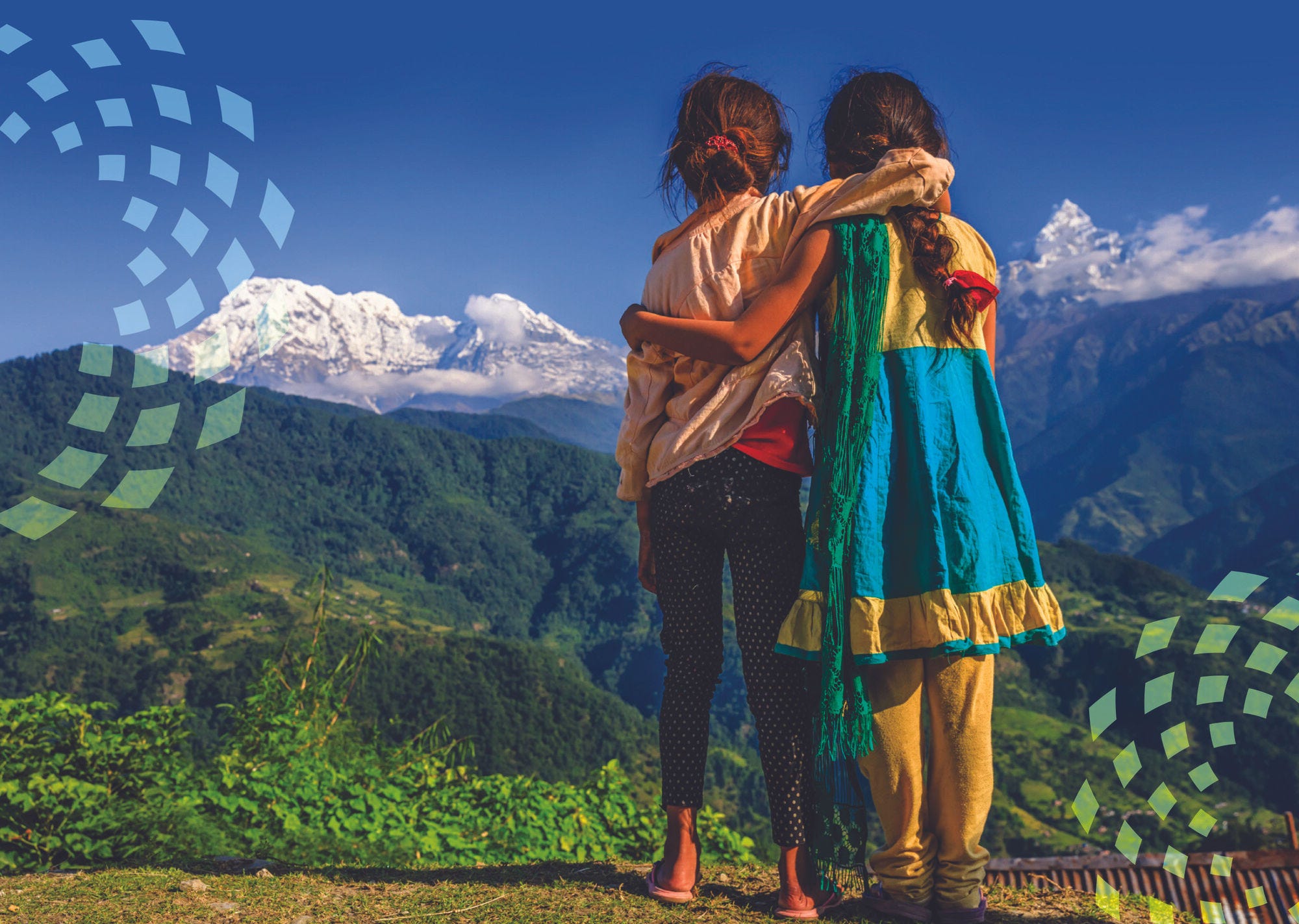Canada’s foreign policy supports those who disrupt and transform the social norms and systems that hold marginalised people back. We have learnt that one of the most effective ways to do this is to provide significant and sustained funding for local women’s rights organisations, LGBTQ2I+ organisations and feminist movements. For example, the Equality Fund brings together gender-lens investing, grant making, advocacy and philanthropy and supports more than 650 women’s rights and feminist organisations across 90 countries. Participants in our signature Women’s Voice and Leadership programme have helped change over 100 laws and policies, including a law against sexual harassment in public places in Peru; a law on domestic violence in Saint Lucia; and laws banning child, early and forced marriages in the Democratic Republic of the Congo. The Alliance for Feminist Movements, which we are proud to co-chair, has hundreds of governments, civil society and philanthropic organisations, and women’s funds collaborating on issues such as funding, resources and building political support. Working closely with our trusted partners on locally rooted initiatives is key to leaving a lasting impact.
In global health, our feminist approach has guided us in making significant investments towards more equitable and resilient health systems. This work includes promoting universal health coverage, stronger healthcare systems, and comprehensive sexual and reproductive health and rights (SRHR), including access to safe and legal abortion. Under our 10-Year Commitment to Global Health and Rights, we have become one of the world’s leading SRHR donors. Here too, taking a feminist approach has achieved powerful results. Recently, in my visit to a project in the United Republic of Tanzania, young women shared stories that plainly illustrate how access to SRHR is transforming their lives and their families. Empowering women to plan their pregnancies means they can continue their education and start a family later, a decision that has been proven to break intergenerational cycles of poverty. The Guttmacher Institute estimates that in one year alone, approximately 2.5 million women and couples could access contraceptive services; 1.1 million unintended pregnancies and 347 000 unsafe abortions were prevented; and 1 800 lives were saved.
Environmental and climate challenges are placing a disproportionate burden on women, girls and gender-diverse people, including through rising displacement, sexual violence and disease. It is undeniably important to recognise the gendered impacts of the triple planetary crisis of climate change, biodiversity loss and pollution. But it is just as critical to champion women’s essential roles as climate leaders, environmentalists and agricultural workers as well as their roles as frontline healthcare workers, human rights defenders and deeply knowledgeable community members. By supporting women to have meaningful opportunities to participate in decision-making processes, our climate and nature initiatives have become more effective and more sustainable. We see this in Kenya, for example, where we work with women to grow sustainable, nutrient-dense crops that feed hundreds and create more trade and economic opportunities. We also see this in Uruguay, where we work to increase women’s employment opportunities in the renewable energy sector, lifting up communities while fighting climate change.
We have seen clear evidence that closing gender gaps reduces poverty, raises economic growth rates, improves agricultural productivity, builds more resilient communities, improves nutrition, ensures better education for children and enhances climate action. To me, these results speak volumes about why gender equality is not only an important goal unto itself, but also makes clear sense for economies and development.
